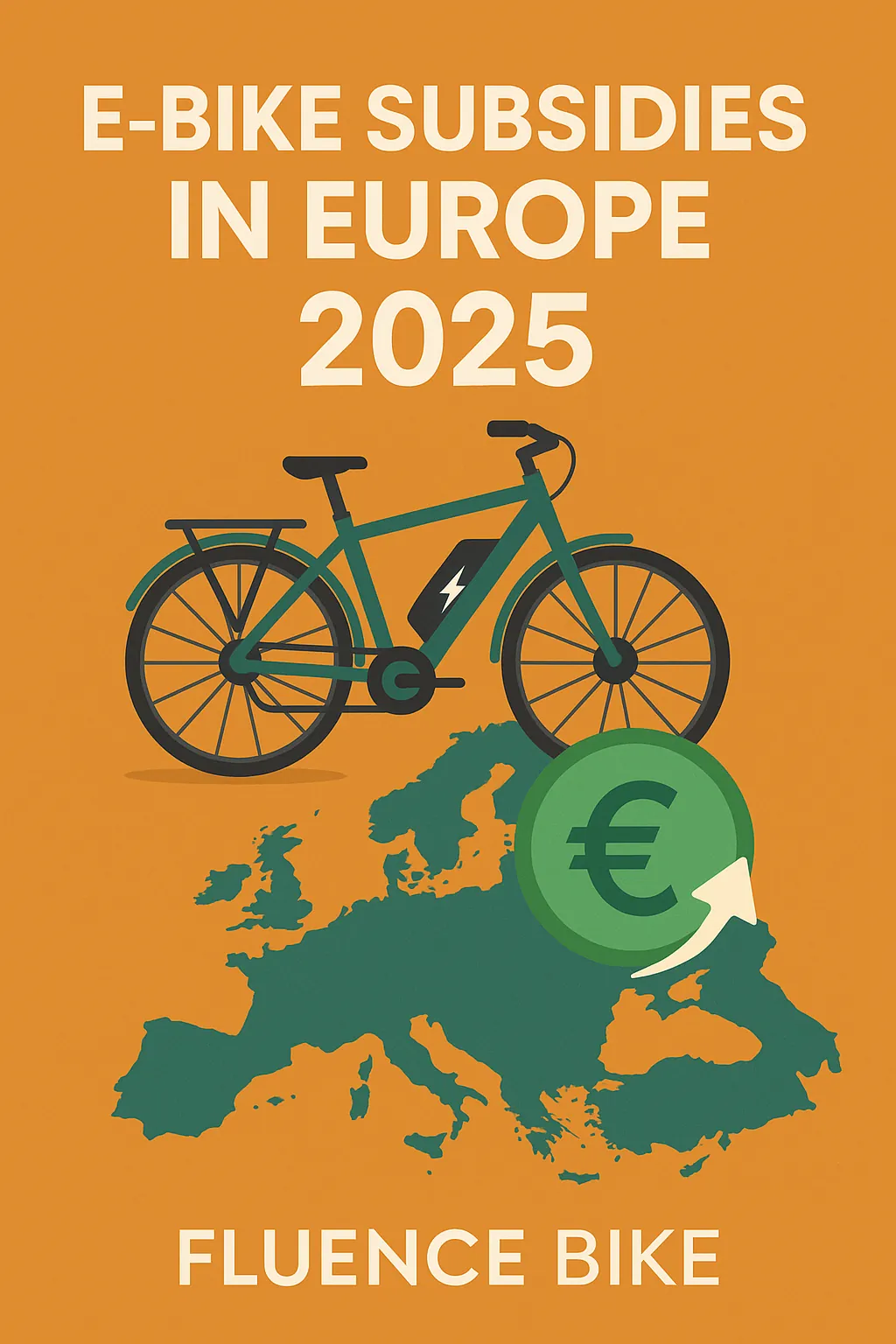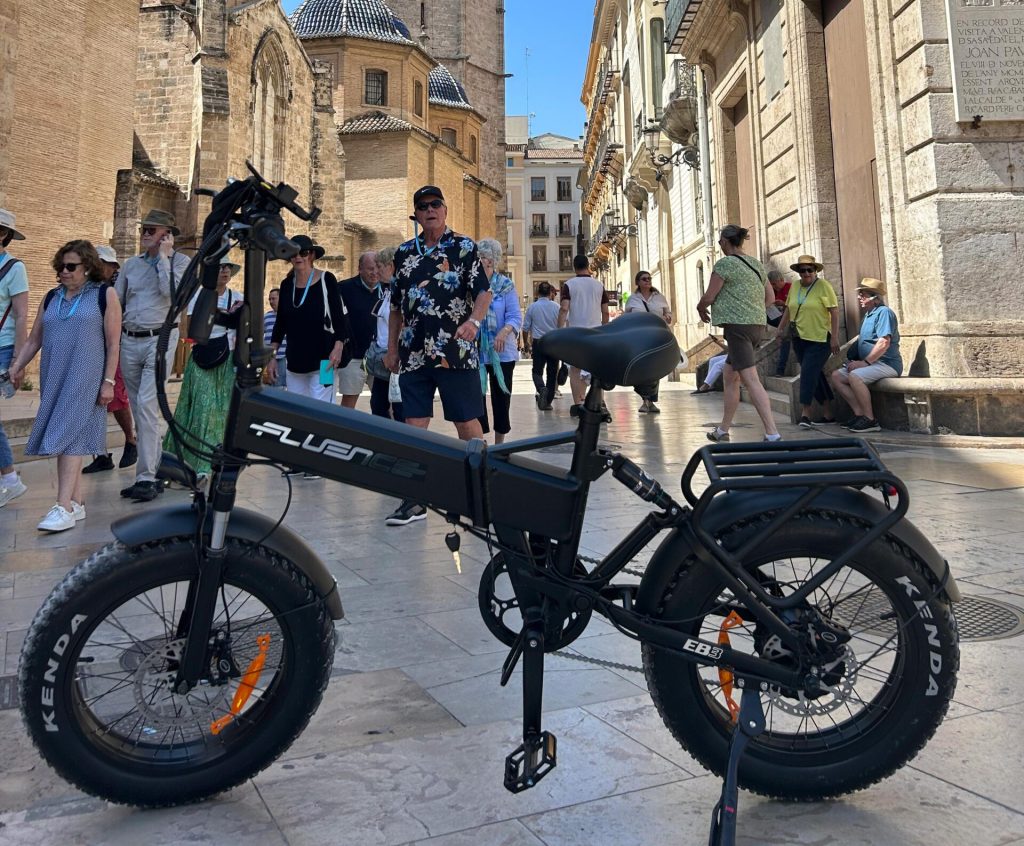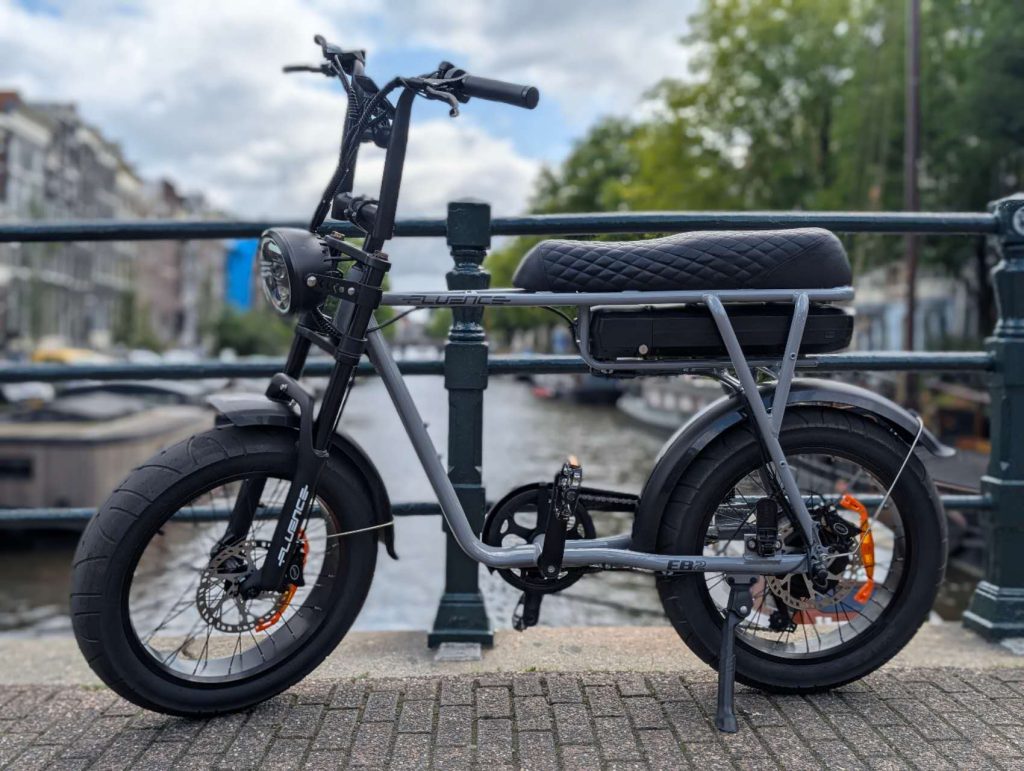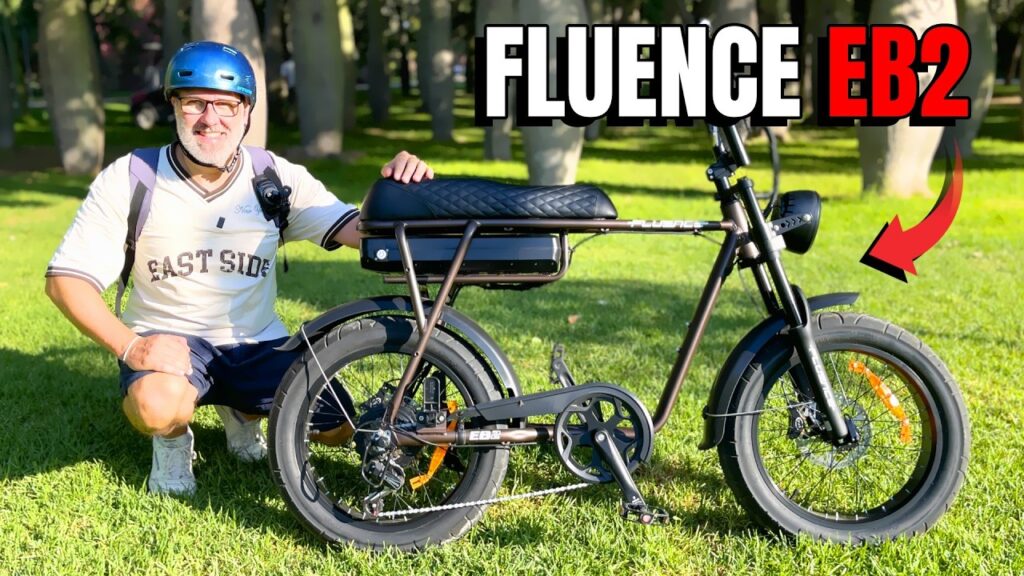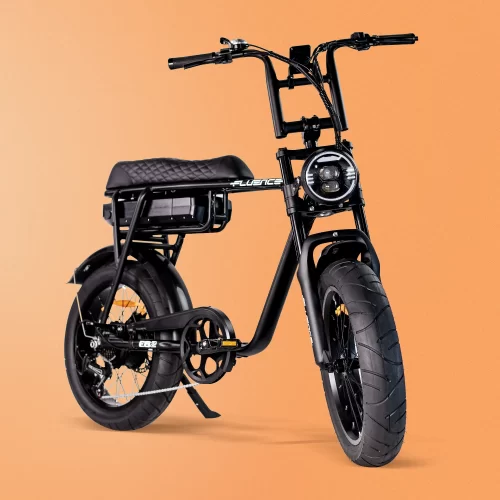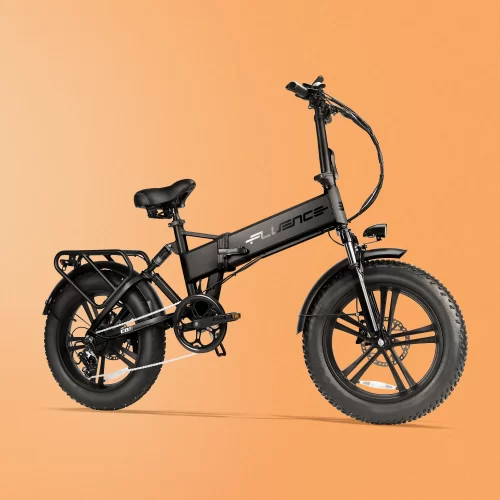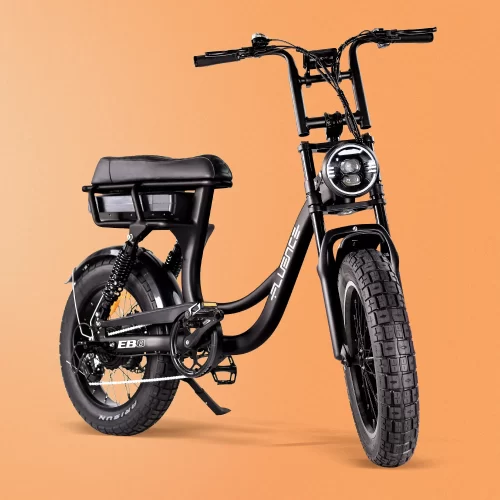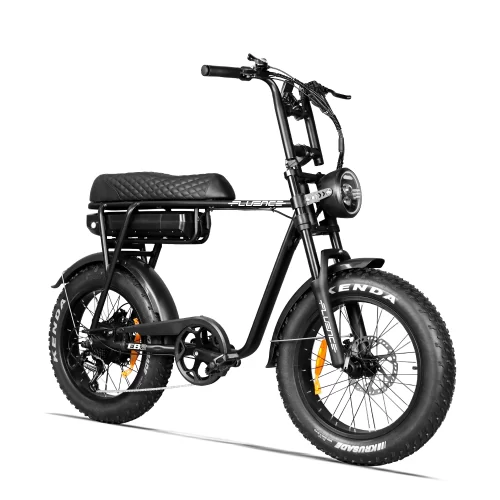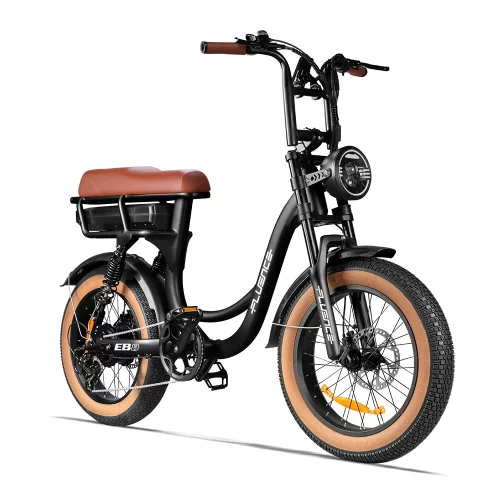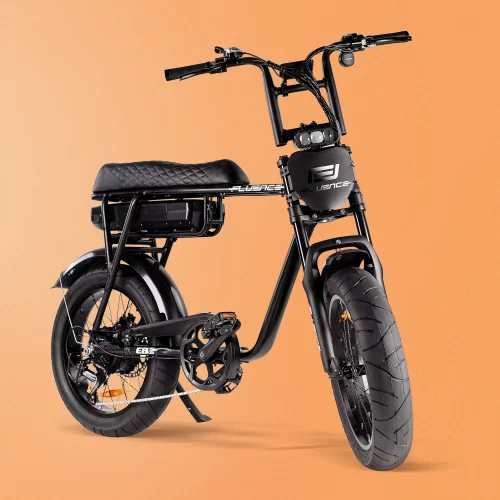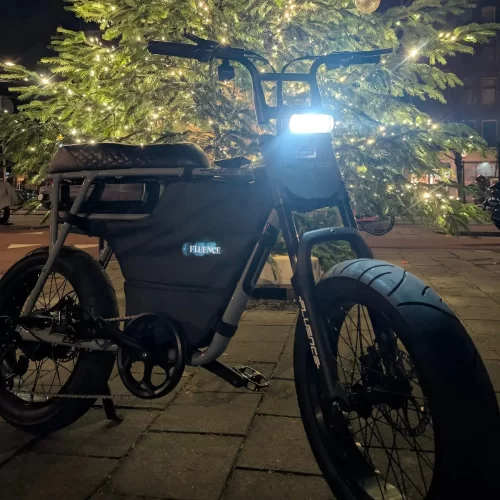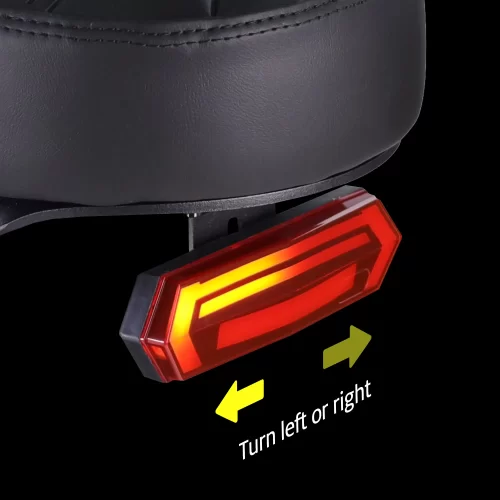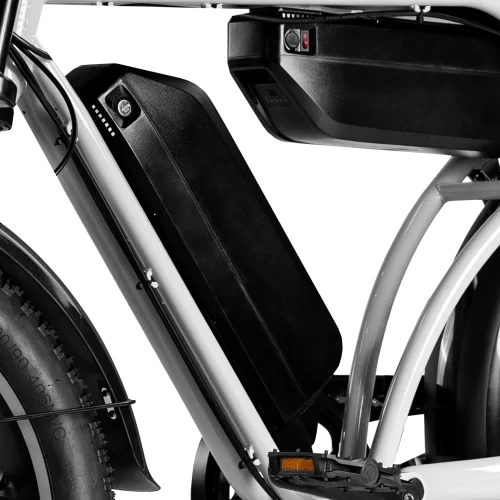🌱 Introduction
Europe continues to encourage greener mobility, and 2025 brings a fresh wave of e-bike subsidies and tax incentives across the continent. Whether you’re commuting in Paris, cruising through Berlin, or exploring the sunny streets of Madrid, there’s probably a local or national grant to make your next e-bike more affordable.
At Fluence Bike, we’ve created this up-to-date guide so you can see exactly what support is available in your country or city — and how much you could save.
🇫🇷 France – National and Local Incentives
France has been one of the leaders in supporting electric mobility. The popular national Bonus Vélo scheme ended in February 2025, but if you purchased an e-bike before December 2, 2024, you might still be eligible for a subsidy of up to €400.
Local subsidies remain very strong:
- Paris & Île-de-France: Additional grants often between €400–€600.
- Corsica, Occitanie and others: Local programs offering top-ups or standalone incentives.
Visit the official government site for full details.
🇩🇪 Germany – Focused on Business & Cargo Bikes
Germany doesn’t currently run a nationwide subsidy for private buyers.
However:
- BAFA (Federal Office for Economic Affairs and Export Control) offers generous grants for businesses, non-profits and municipalities purchasing electric cargo bikes — covering up to 25% of the cost, up to €3,500.
- Local city schemes: Cities like Stuttgart, Erlangen and Munich suburbs often provide personal e-bike subsidies ranging from €250–€900.
🇪🇸 Spain – Strong Regional Support
While there’s no central government subsidy for private e-bike buyers in 2025, many autonomous regions continue to offer direct aid:
- Madrid: Mueve Madrid 2025 and Cambia 360 schemes give up to 50% off the e-bike’s cost, maxing around €600.
- Galicia (eBici plan): Covers 50–70% of cost, up to €700.
- Other regions: Basque Country, Valencia, and Balearic Islands also run local incentive programs.
Check your local autonomous community website for current application windows.
🇧🇪 Belgium – Commuter Benefits & Local Grants
Belgium’s system focuses on sustainable commuting:
- Tax-free mileage reimbursement of about €0.35 per km (up to €3,500 annually).
- Cities like Brussels and Ghent also offer one-off subsidies of €50–€500 towards buying an e-bike.
🇦🇹 Austria – City-Level Support
- Vienna and Salzburg: Grants cover up to 30–50% of the purchase price of an electric cargo bike or trailer, with maximums often around €800–€1,000.
Perfect for families and small businesses looking to switch to clean transport.
🇵🇹 Portugal – National and Local Help
- Up to €500 national subsidy available (limited to roughly 4,550 applicants).
- Some local municipalities like Azores and Castelo Branco offer additional grants between €250–€500.
🇮🇹 Italy – Regional Programs
Italy doesn’t have a nationwide subsidy, but regions like Friuli-Venezia Giulia offer direct aid of up to €300, covering about 30% of the e-bike’s cost.
⚡ Quick Comparison Table
| Country/Region | Type | Typical Max Subsidy |
|---|---|---|
| France (local) | Local top-ups | €400–€600+ |
| Germany (BAFA) | Business / Cargo bikes | Up to €3,500 |
| Spain (Madrid, Galicia) | Regional | €600–€700 |
| Belgium | Commuter tax + city subsidies | €0.35/km or €50–€500 |
| Austria (Vienna etc.) | Cargo bike grants | ~30–50%, up to €1,000 |
| Portugal | National + local | Up to €500 (national), €250–€500 (local) |
| Italy (Friuli-Venezia Giulia) | Regional | Up to €300 |
✅ How to Apply
Application processes and deadlines differ:
- National subsidies often require proof of purchase and residence.
- Local schemes may need you to apply before or shortly after purchasing.
Always check the official government or city website or ask your local Fluence Bike dealer — we’re here to help!
🌍 Conclusion
With e-bike incentives available across Europe, 2025 is the perfect year to invest in sustainable mobility.
At Fluence Bike, we believe every rider should benefit from these subsidies — making cleaner transport accessible and affordable.
Ready to find your perfect e-bike?
👉 Explore our collection or contact us to learn more about local incentives.
